Waste is a heavy burden on the rural environment, especially when the habit of using disposable plastic products is still common and the treatment infrastructure is not yet synchronized. To contribute to effectively implementing the new rural criteria on the environment, through activities such as: exchanging plastic bottles for gifts; Green Sunday; peak volunteer day for urban civilization...
The Women's Union and Youth Union in many localities have launched clean-up campaigns, planted more trees and put up propaganda boards, thereby gradually changing public awareness about the harmful effects of plastic waste and creating a green environment.
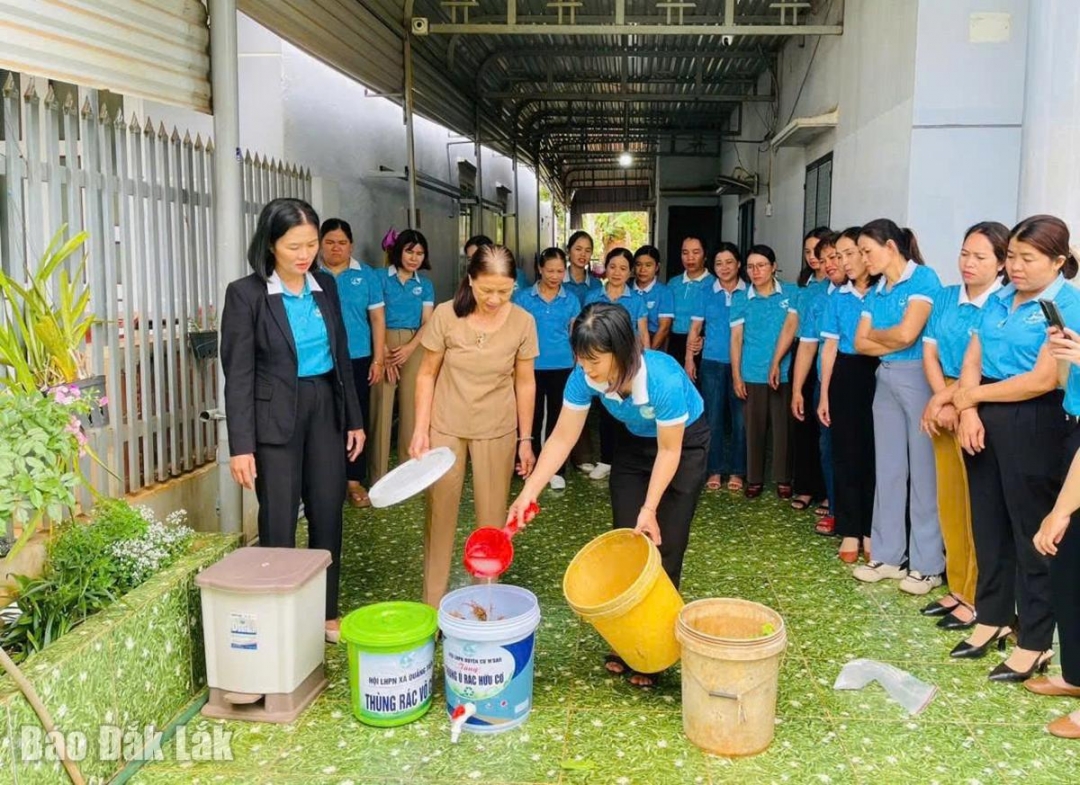 |
| Launching ceremony of the model "Composting waste into organic fertilizer" at the Women's Union of Tien Thinh village (Quang Tien commune, Cu M'gar district). |
Typically, since March 2025, the Women's Union of Cu M'gar district has chosen Quang Tien commune as a pilot unit to implement the model of "Composting waste into organic fertilizer", with 3,000 households participating. The Women's Union of the district has presented 150 organic waste compost bins and directly instructed 50 members on the process of composting waste to make fertilizer. Ms. Nguyen Xuan Thuy, Vice President of the Women's Union of Quang Tien commune, said that people here all live on farming, so every year there are many agricultural by-products discharged, causing a significant impact on the living environment. Therefore, the Women's Union of the commune has implemented a model of waste classification at home for members to facilitate the collection, transportation, and treatment of household waste, limiting environmental pollution. In particular, the model of "Composting waste into organic fertilizer" has contributed to changing people's awareness in the treatment of agricultural waste and protecting the environment and rural landscape.
According to data from the Provincial New Rural Area Coordination Office, by the end of 2024, mass organizations in the province had built 126 family models of "5 yes, 3 clean" (having a safe house, having a sustainable livelihood, having health, having knowledge, having a cultured lifestyle and having a clean house, clean kitchen, clean alley) and 83 models of "Safe, green, clean, beautiful, and unique women's families"; organized activities of " fashion shows made from recycled waste"; distributed 100 leaflets on waste classification. Especially spreading the program "Collect and exchange plastic waste for green living gifts", "Exchange plastic waste for trees"...
Up to now, the whole province has about 66 solid waste (SW) landfills, including: 62 small landfills with an area of less than 10 hectares, 3 medium landfills with an area of 10 - 30 hectares and 1 large landfill with an area of 50 hectares. However, currently, only 2 concentrated SW landfills in Cu Kuin district and Hoa Phu commune (Buon Ma Thuot city) have invested in landfill cells with waterproofing layers according to technical requirements for sanitary landfilling.
The remaining, most of the conventional CTR landfills managed by the locality are temporary, small-scale, and not built according to sanitary landfill standards. Waste is collected and buried manually, preliminarily treated by spraying insecticides, deodorizing agents and burning. The landfill cells are not lined with waterproof bottoms and arranged with leachate collection and treatment systems, posing a high risk of polluting the water, air and soil environment for the areas surrounding the landfill.
In addition, in rural areas, only 80/151 communes have organized services to collect, transport and treat domestic solid waste in commune centers, concentrated residential areas, and main roads; the rest of the domestic solid waste is treated by people themselves manually (burning or burying behind their home gardens).
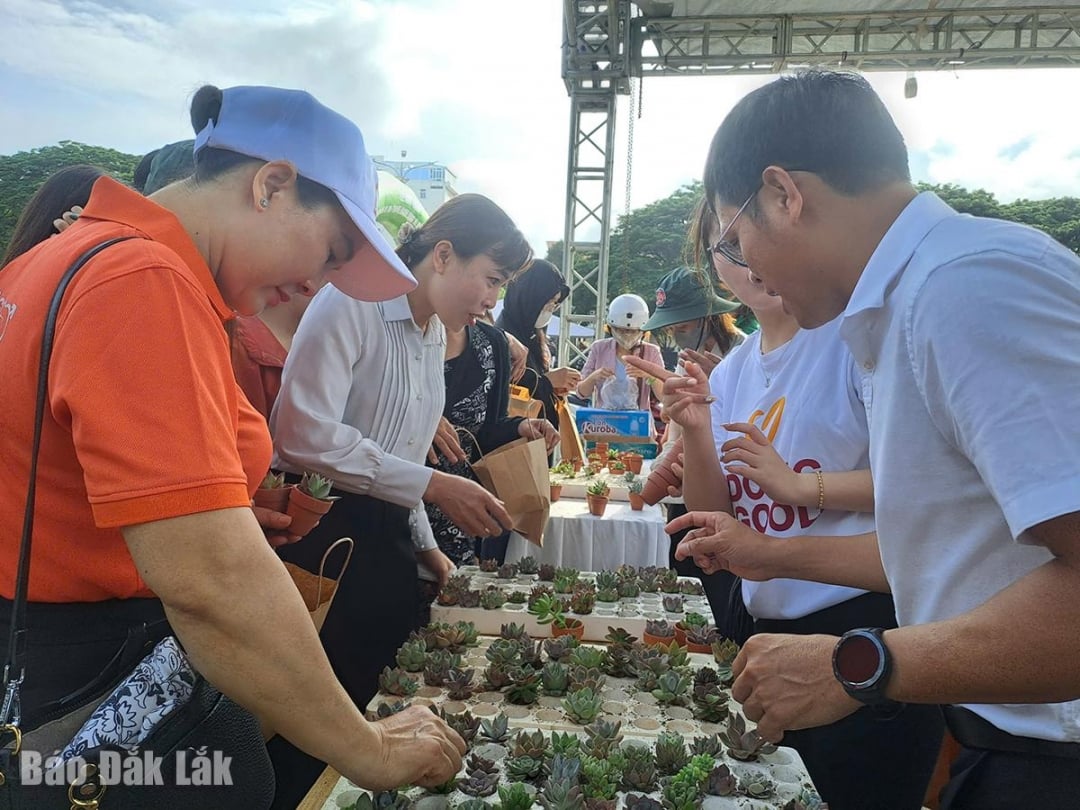 |
| Exchanging old batteries and plastic bottles for succulents during the Rally to respond to World Environment Day (June 5) and the Month of Action for the Environment 2025 in Buon Ma Thuot City. Photo: Minh Thong |
Regarding the collection of pesticide packaging for disposal according to regulations, the Department of Agriculture and Environment has coordinated with the People's Committees of districts, towns and cities to organize training courses, propaganda, and guide farmers on how to use pesticides safely and effectively; how to rinse bottles 2-3 times after use to reduce the amount of excess pesticides on the packaging and collect pesticide packaging after use in the right place, minimizing environmental pollution. However, currently in the province, only 8/15 localities have arranged tanks for storing used pesticide packaging, with 1,052 tanks. In 2024, the total number of collected pesticide packaging was 11,830 kg and the number of destroyed pesticide packaging was 9,290 kg - a number that is quite small compared to reality.
According to Mr. Ngo Trung Thanh, Vice Chairman of the People's Committee of Quang Dien Commune (Krong Ana District), the rate of waste collection, classification and treatment in the commune has reached over 86%. The commune has also arranged tanks in the fields for people to proactively dispose of packaging and bottles containing pesticides. However, equipping households with trash cans to separate waste at source is still facing many difficulties due to limited funding for environmental protection activities. Up to now, the commune has only arranged 5 trash cans in village halls, not meeting the actual needs of the locality.
To partly solve the “bottleneck” in waste treatment, especially in rural areas, in addition to investing in waste treatment infrastructure according to NTM criteria, the Provincial People's Committee is also promoting the environmental protection movement in localities, in sectors and fields. At the same time, it encourages farmers, cooperatives and agricultural enterprises to apply biological products, green technology, limit plastic packaging and nylon that are difficult to decompose, contributing to the development of ecological and circular agriculture...
| According to a report by the United Nations Environment Programme (UNEP), the world produces about 430 million tons of plastic each year, most of which are single-use products, polluting the ocean and affecting ecosystems and human health. In Vietnam, an estimated 1.8 million tons of plastic waste is generated each year, but only about 27% is recycled, the rest is wasteful and poses environmental risks. |
Source: https://baodaklak.vn/moi-truong/202506/quan-ly-rac-thai-tai-nong-thon-van-la-bai-toan-nan-giai-02c01e2/


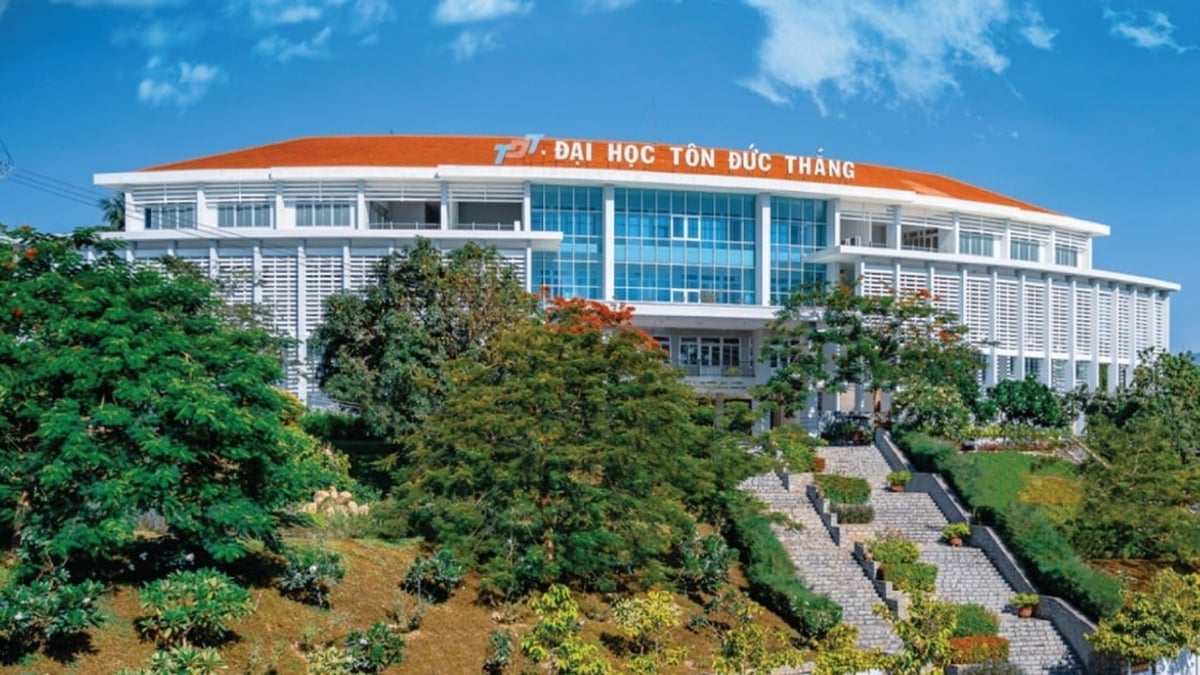
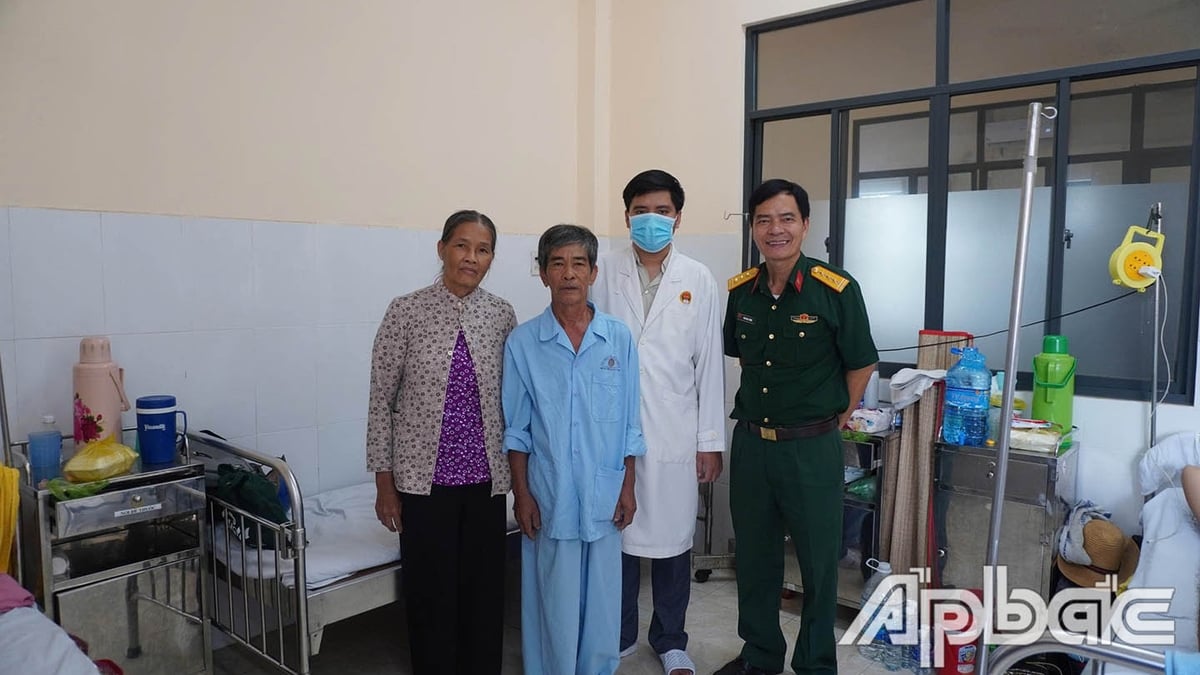
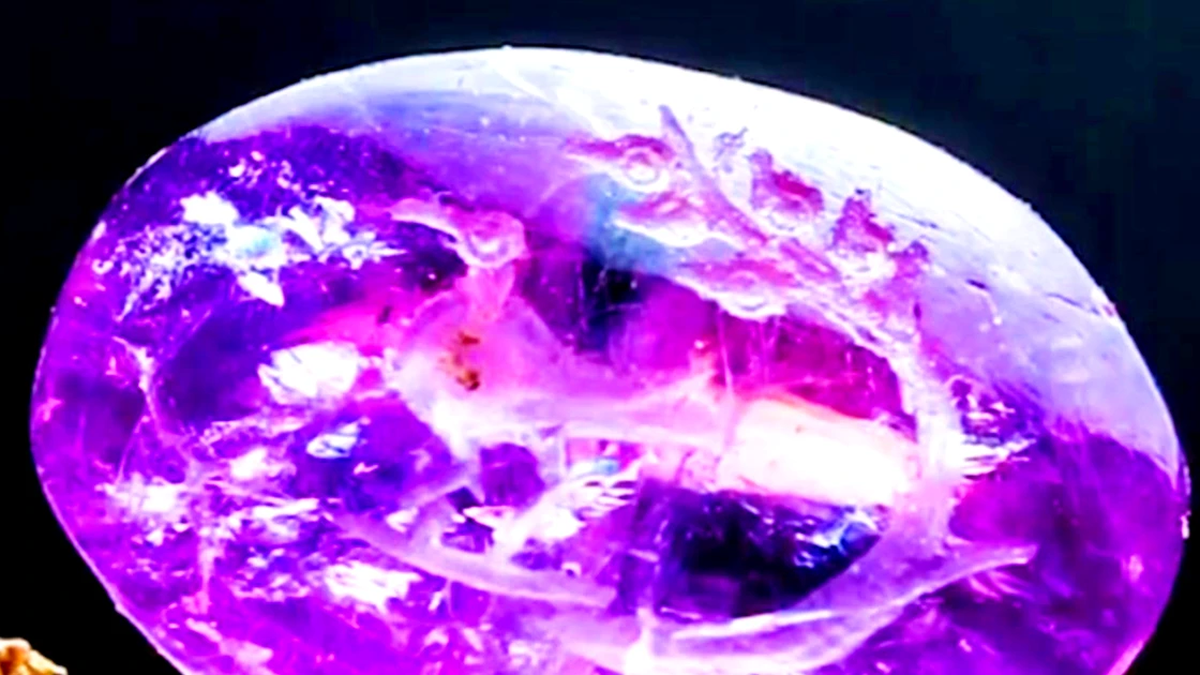
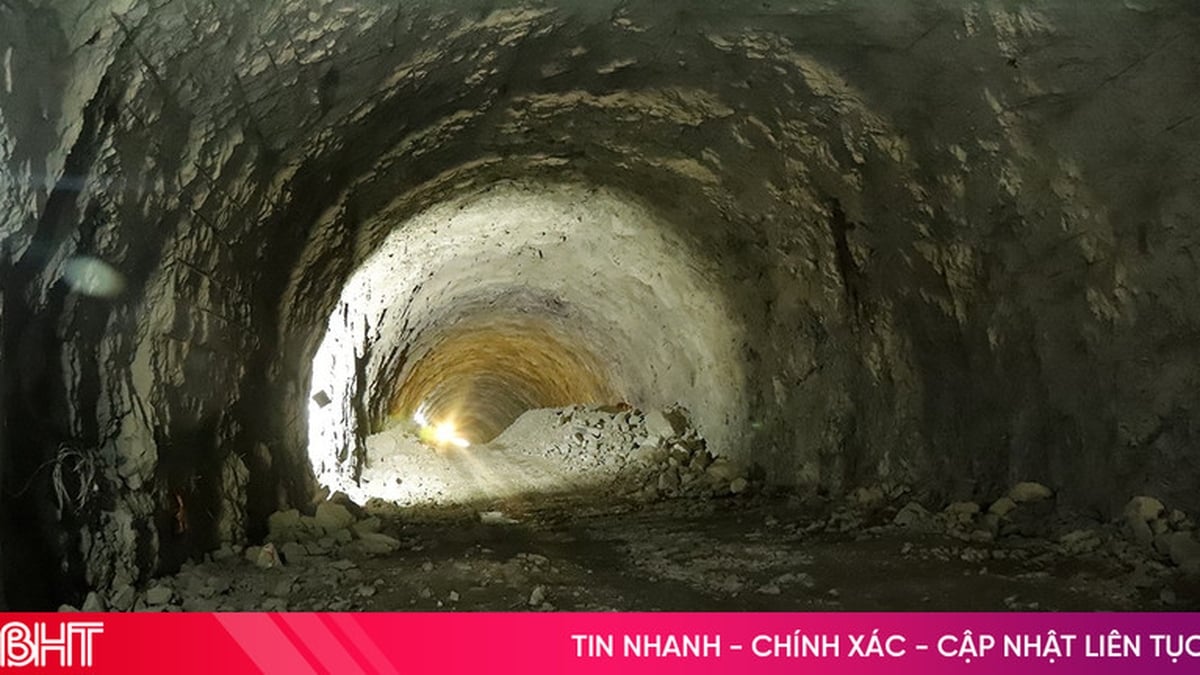

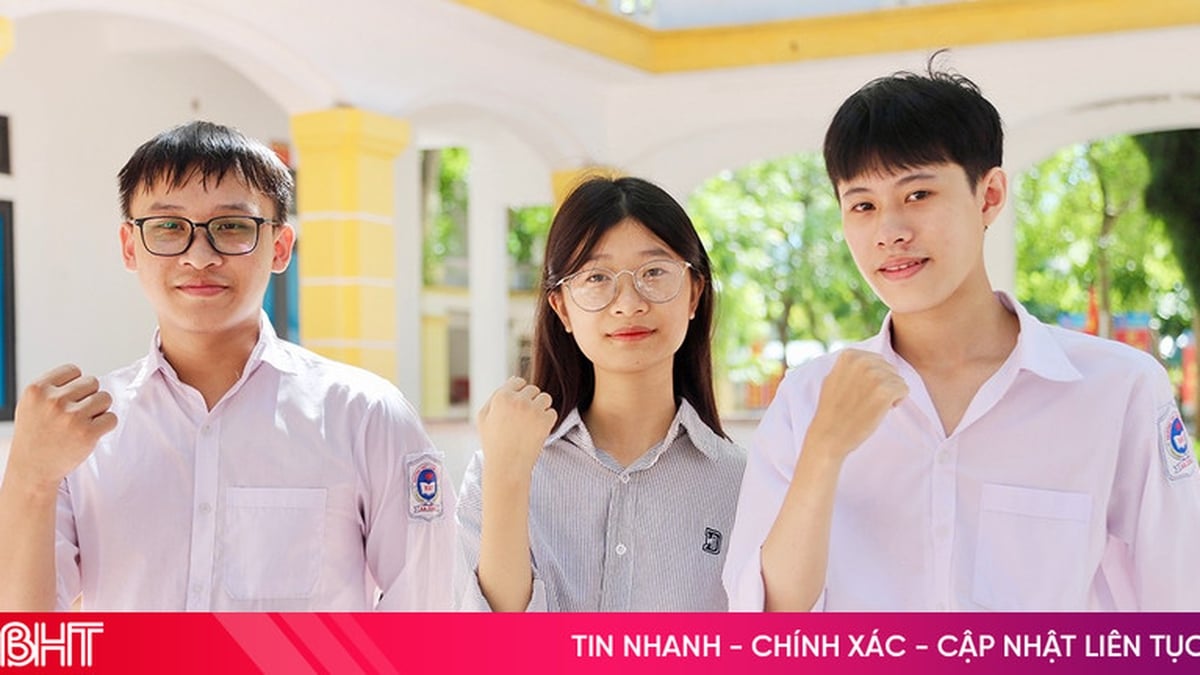
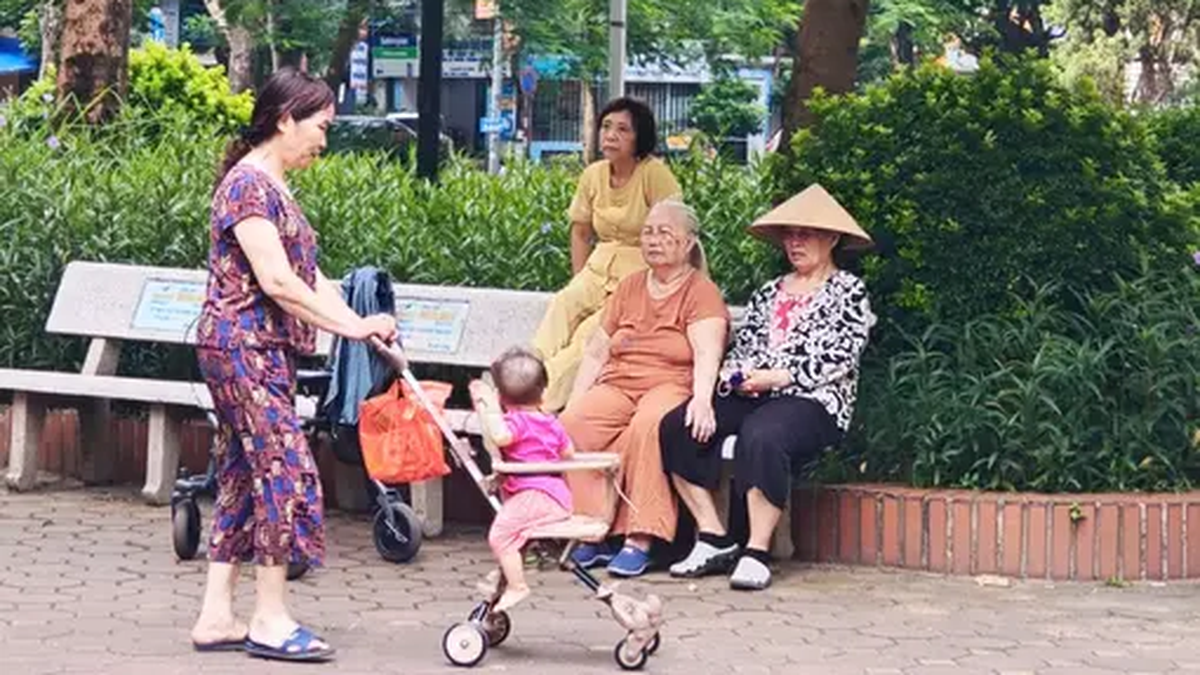

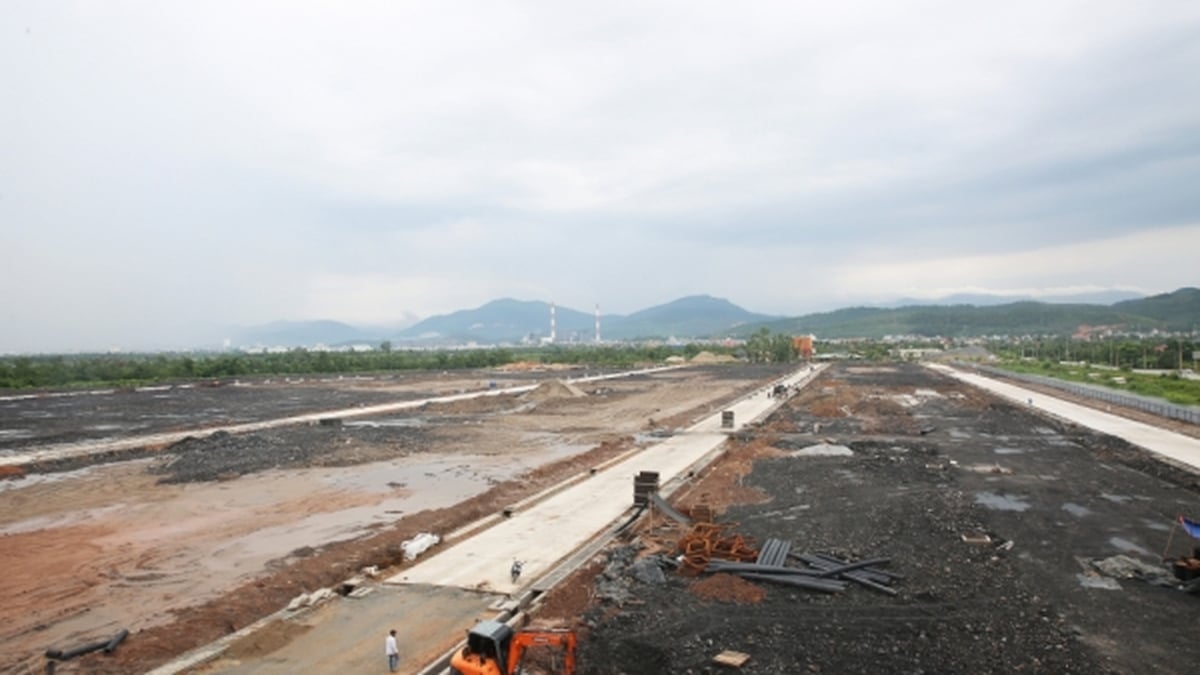

































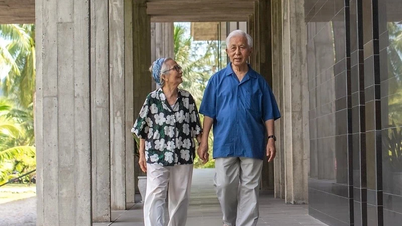

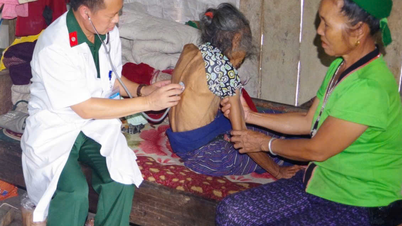









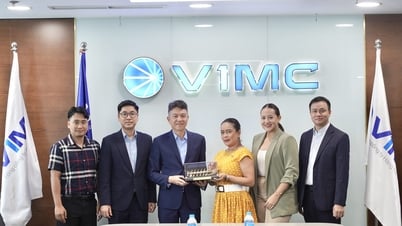
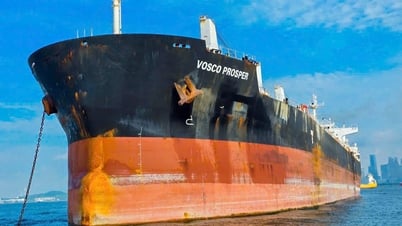
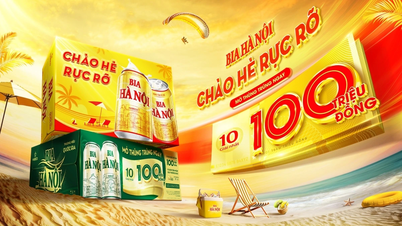
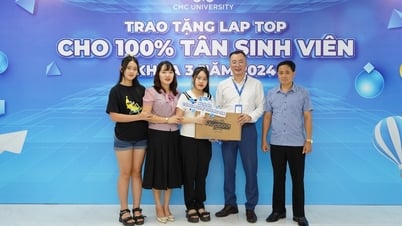

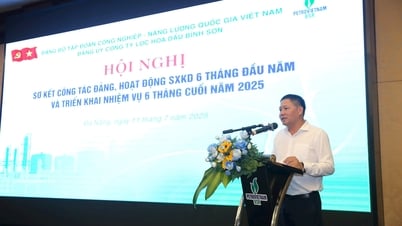

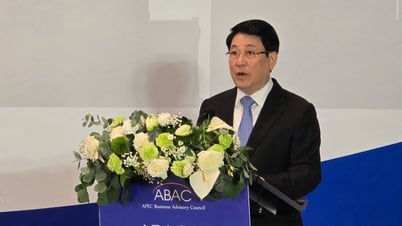




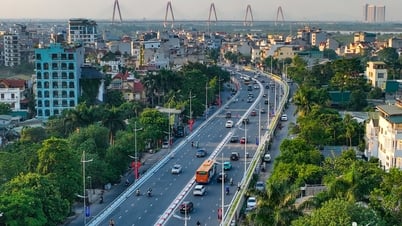
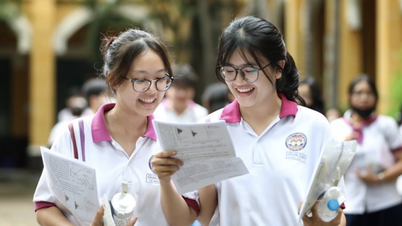
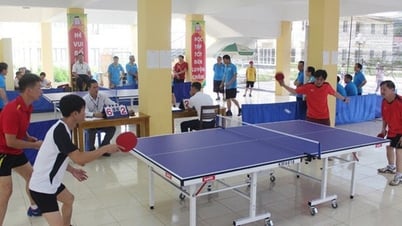



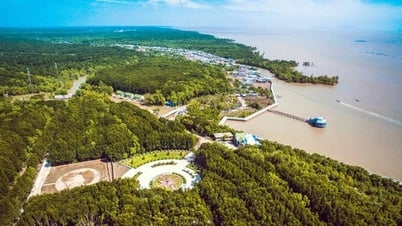
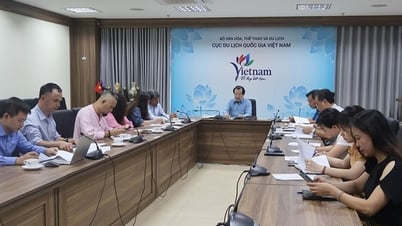

























Comment (0)